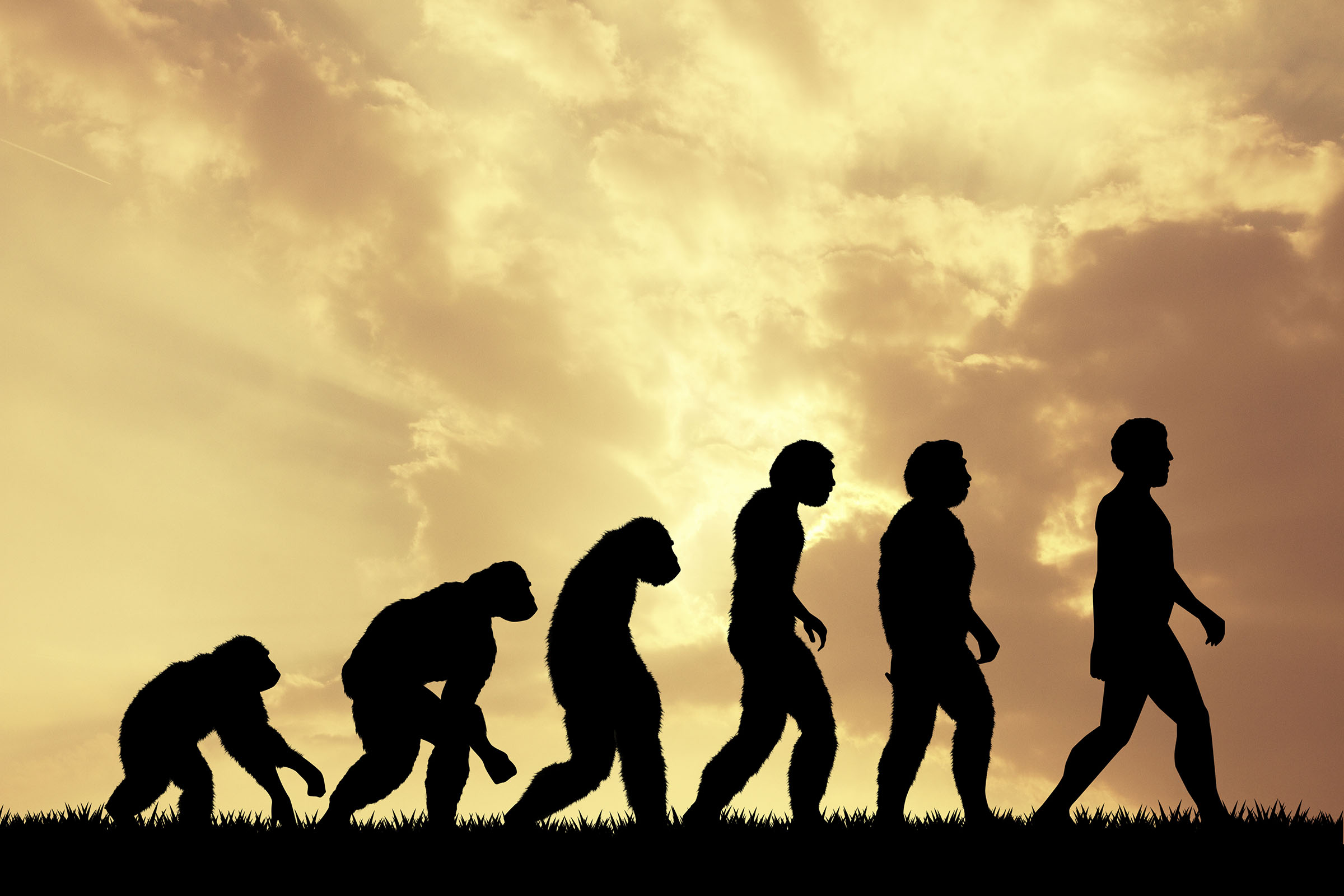For decades, the dominant theory in human evolution suggested that modern humans descended from a single ancestral lineage in Africa. However, groundbreaking new research from the University of Cambridge challenges that idea, revealing a far more complex and surprising origin story for early human evolution.
According to this study, modern humans actually evolved from two distinct ancestral populations that split apart 1.5 million years ago, only to reunite around 300,000 years ago, long before Homo sapiens spread across the globe.
This discovery, published in Nature Genetics, comes from an advanced analysis of full genome sequences rather than ancient fossil DNA. The research team used a new computational model called “cobraa,” which allowed them to trace ancestral population splits in early human evolution, including genetic reunions over vast timescales.
The results suggest that one of these ancient human populations contributed around 80 percent of modern human DNA, while the other contributed 20 percent—particularly genes linked to brain function and neural development.
Unlike Neanderthal and Denisovan DNA, which makes up only about two percent of the genome in non-African populations, this earlier genetic mixing event had a much larger influence on all modern humans.
These findings challenge the traditional view that human evolution was a clean, linear process, instead painting a picture of populations drifting apart, evolving separately, and then coming back together to form the species we now recognize as Homo sapiens.
The researchers also discovered that one of the ancestral groups experienced a major population bottleneck, shrinking to a tiny size before slowly recovering over the course of a million years. This group eventually became the main genetic source of modern humans and also gave rise to Neanderthals and Denisovans.
Meanwhile, the minor genetic contributor appears to have introduced beneficial traits, though some of its genes were later filtered out through natural selection. Beyond rewriting the story of human origins, this research highlights a broader trend in evolutionary science—the realization that species rarely evolve in isolated, distinct lineages.
By applying their methods to chimps, gorillas, dolphins, and bats, the researchers found similar patterns of genetic exchange and reintegration. This suggests that interbreeding has played a key role in shaping many species, not just humans.
This discovery opens the door for further investigation into early human diversity, especially as scientists try to match these genetic ancestors with known fossil groups like Homo erectus and Homo heidelbergensis. As the field of genetics advances, we may be forced to rethink everything we thought we knew about where we came from.









